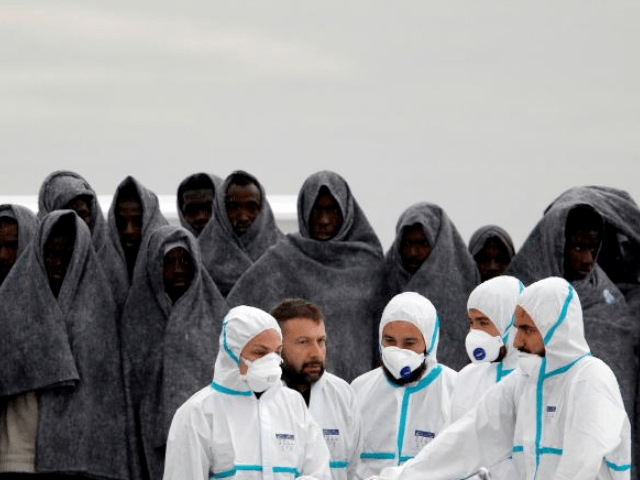Information gathered by intelligence agencies shows that criminal gangs in Africa who work to traffick migrants into Europe have developed “partnerships” with terrorist organisations in the Middle East including Islamic State, Alessandro Pansa told La Stampa on Tuesday.
“ISIS is facing serious setbacks. Its biggest sources of income — smuggling oil products and antiquities, are at the edge of drying out. We think terrorists are resorting to human trafficking as a new source of revenue,” Pansa told the newspaper.
Pansa, the Director General of the Department of Information Security, revealed the intelligence agency’s findings at a talk in Naples about Africa and the ‘risks and opportunities’ of immigration.
Describing the involvement of Islamic terror groups in human trafficking as a major challenge for Italy, the security chief said it’s vital that Italy works with governments in Africa to “attack at the roots of the migration phenomenon”.
Reuters reported on Monday that the Italian government has set up a fund to help African nations seal their external borders and help stem the flow of migrants crossing the Mediterranean to Europe.
Pansa refused to give an opinion on actions taken by President Donald J. Trump to help protect the U.S. against terror attacks — suspending immigration of, and issuing visas to, citizens of seven countries.
However, Italy’s intelligence agencies are not surprised the new president has pushed forward with migration policies promised on the campaign trail according to the security chief, who added: “We were expecting it.”
Nearly 400,000 migrants reached Europe by sea in 2016, and more than 5,000 are believed to have died attempting the journey, aid agencies estimate.
In 2015 the then Prime Minister of Australia, Tony Abbott, urged the European Union (EU) to turn boats back to Africa, saying: “If you want to keep life safe, you’ve got to keep the boats stopped.”
“The great thing about Operation Sovereign Borders is that, in stopping the boats, we have stopped the deaths,” he added.
However, European Commission spokesman Natasha Bertaud said the Australian model “can never be a model” for the EU, as it would violate international obligations.

